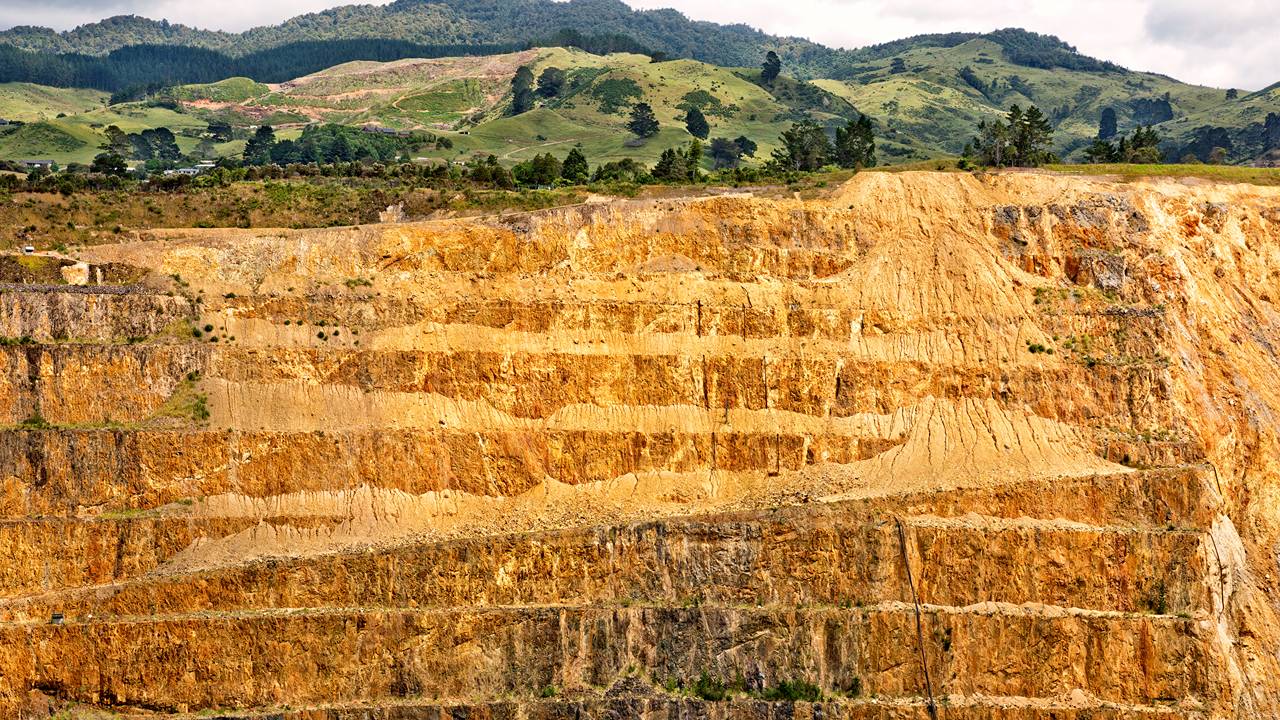Powering the Data Boom: Why solid-state batteries are the future of energy storage for data centres
Altech Batteries’ solid state sodium chloride batteries are the energy storage solution that data centres need as AI becomes more prevalent.

Stockhead
Don't miss out on the headlines from Stockhead. Followed categories will be added to My News.
Altech Batteries’ solid state sodium chloride batteries meet energy storage needs for data centres
Data centres need large amounts of reliable, safe energy consistently, necessitating the need for energy storage
Lithium-ion batteries do not provide the level of safety needed due to the risk of fires
Artificial intelligence is becoming increasingly prevalent as advancements in generative AI drives adoption in a diverse range of applications.
However, AI requires a lot of computing power, which has supercharged the need for more data centres – essentially glorified warehouses with racks upon racks of computer servers in climate controlled environments that are infamous for their power requirements.
That need for power has led to cases such as the allegations that Elon Musk’s xAI data centre had installed on site gas turbines that far exceed what the company had applied for in permits.
Regardless of the legalities, it underscores the huge power requirements of data centres.
To top it off, having the ability to continue operations even if the power is cut-off for any reason is a distinct advantage for data centres, though this in turn necessitates the need for energy storage – and lots of it.
While one (very likely) answer to that is to rely on banks of lithium-ion batteries, the potential for fires such as that which wiped out about 80% of the Moss Landing battery energy storage system in California might make tech companies think twice.
Solid state batteries
Speaking to Stockhead, Altech Batteries (ASX:ATC) chief financial officer Martin Stein said traditional lithium-ion batteries used a liquid electrolyte between the anode and the cathode.
“That liquid electrolyte can overheat and cause thermal runaway, and that’s when the temperature gets too high and out of control and that’s what's causing the fires and explosions,” he added.
“What solid state technology is doing is replacing that liquid electrolyte with a solid electrolyte."
In Altech's case, it's a solid ceramic electrolyte made of high purity alumina, Stein says.
“That renders the batteries completely safe. It can't get the thermal runaway like the liquid electrolyte batteries can, and they can't catch on fire or explode because of that," he said.
Stein points out that this safety factor makes them perfectly suited for data centres as they won’t put them at risk.
“Data centres want very safe technology.”
Stein also noted that tech companies have said the bottleneck for data centres and AI is not technology, chips or water, but rather getting enough energy.
“We see data centres as being a key target demographic for our product. We're in discussions with a big technology company at the moment about the possibility of using our technology for their purposes,” Stein added.
Altech’s sodium chloride batteries
Altech has what it believes to be the ideal solid state batteries for data centre use.
Its CERENERGY solid state sodium batteries use plain old sodium chloride – common table salt – and nickel powder without the use of critical minerals such as lithium, copper, cobalt, graphite and manganese.
Their chemistry and solid electrolyte makes them significantly safer as they don’t experience thermal runaway, have a longer lifespan and an operating temperature range from -40 degrees Celsius to 60C.
To top it off, the batteries have received “Dark Green” accreditation by the Independent Centre of International Climate and Environmental Research – owned by Oslo-based Standard and Poor’s Global Ratings – meaning that they rank as one of the greenest battery technologies available today.
Stein adds that not using critical minerals means that Altech’s batteries are insulated from commodity pricing and have more secure supply chains.
Not using cobalt from the Congo also removes any worries about human rights violations.
“I think when countries and big corporations are talking about energy security, they don't want to be subject to the whims of the supply chain and pricing,” Stein noted.
“The fact that our batteries use sodium chloride, which is common table salt, very cheap and it's readily available, I think gives them peace of mind in the future supply of these products. “
Altech is currently in the process of commercialising a production facility capable of producing 120 megawatt hours worth of CERENERGY batteries per annum.
It has already reached several offtake agreements, with Germany’s Zweckverband Industriepark Schwarze Pumpe agreeing to purchase 30MWh of energy storage capacity annually for the first five years of production.
Green hydrogen joint venture RefLau will purchase an initial 30MWh of CERENERGY energy storage capacity in the first year – and 32MWh per annum for the next four years – while NATO-certified supplier Axsol will buy 10MWh of energy storage capacity in the first year, rising to 30MWh in subsequent years.
Should Altech find the right partner in the data centre sector, Stein acknowledged that it was possible that the company would build a new facility to meet their requirements.
At Stockhead, we tell it like it is. While Altech Batteries is a Stockhead advertiser, they did not sponsor this article.
Originally published as Powering the Data Boom: Why solid-state batteries are the future of energy storage for data centres


